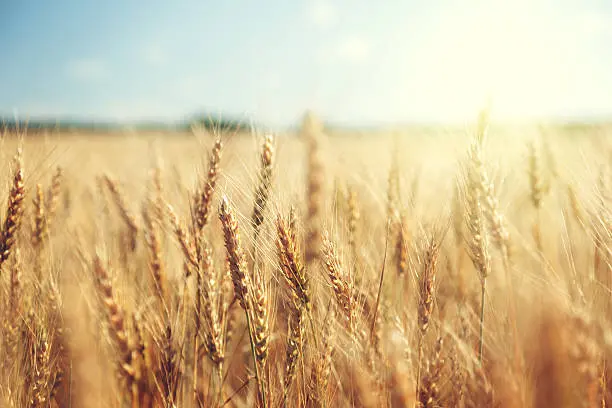Services
Modern agriculture faces numerous challenges, but our expert solutions can help farmers
improve productivity,
sustainability, and profitability. Here are some of our key strategies:

1. Precision Farming
Precision farming involves using technology to monitor and manage field variability in crops. This includes GPS-guided equipment, drones, and sensors to optimize planting, fertilization, and irrigation. Benefits include:
· Increased Efficiency: Reduces waste and ensures resources are used where they are most needed.
· Higher Yields: Optimizes conditions for crop growth, leading to better yields.
2. Integrated Pest Management (IPM)
IPM is an eco-friendly approach to controlling pests using a combination of biological, cultural, physical, and chemical methods. Key components include:
· Biological Control: Using natural predators or parasites to control pests.
· Cultural Practices: Crop rotation and intercropping to disrupt pest life cycles.
· Chemical Control: Using pesticides as a last resort and in a targeted manner.
3. Sustainable Soil Management
Healthy soil is the foundation of productive agriculture. Sustainable practices include:
· Cover Cropping: Planting cover crops to prevent soil erosion and improve soil health.
· No-Till Farming: Reducing soil disturbance to maintain soil structure and fertility.
· Organic Amendments: Using compost and manure to enhance soil organic matter.
4. Water Management
Efficient water use is crucial, especially in regions prone to drought. Techniques include:
· Drip Irrigation: Delivers water directly to the plant roots, reducing evaporation and runoff.
· Rainwater Harvesting: Collecting and storing rainwater for agricultural use.
· Soil Moisture Sensors: Monitoring soil moisture levels to optimize irrigation schedules.
5. Agroforestry
Integrating trees and shrubs into agricultural landscapes can provide multiple benefits:
· Biodiversity: Enhances habitat for wildlife and beneficial insects.
· Soil Health: Improves soil structure and fertility through leaf litter and root systems.
· Climate Resilience: Provides shade and windbreaks, protecting crops from extreme weather.
6. Digital Agriculture
Leveraging digital tools and platforms can transform farming practices:
· Farm Management Software: Helps farmers plan, monitor, and analyze all activities on the farm.
· Market Access Platforms: Connect farmers with buyers, improving market access and prices.
· Data Analytics: Uses data to make informed decisions about crop management and resource allocation.
7. Climate-Smart Agriculture
Adapting farming practices to mitigate and adapt to climate change impacts:
· Drought-Resistant Crops: Developing and planting crop varieties that can withstand dry conditions.
· Carbon Sequestration: Practices like agroforestry and cover cropping that capture and store carbon in the soil.
· Weather Forecasting Tools: Providing farmers with accurate weather information to plan their activities.
These
expert solutions can help modernize agriculture, making it more efficient,
sustainable, and resilient.